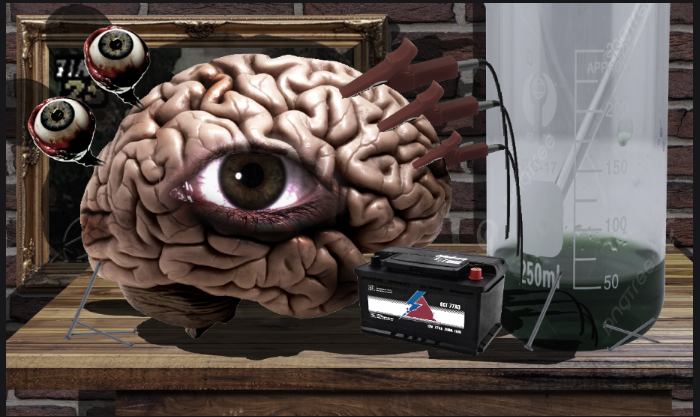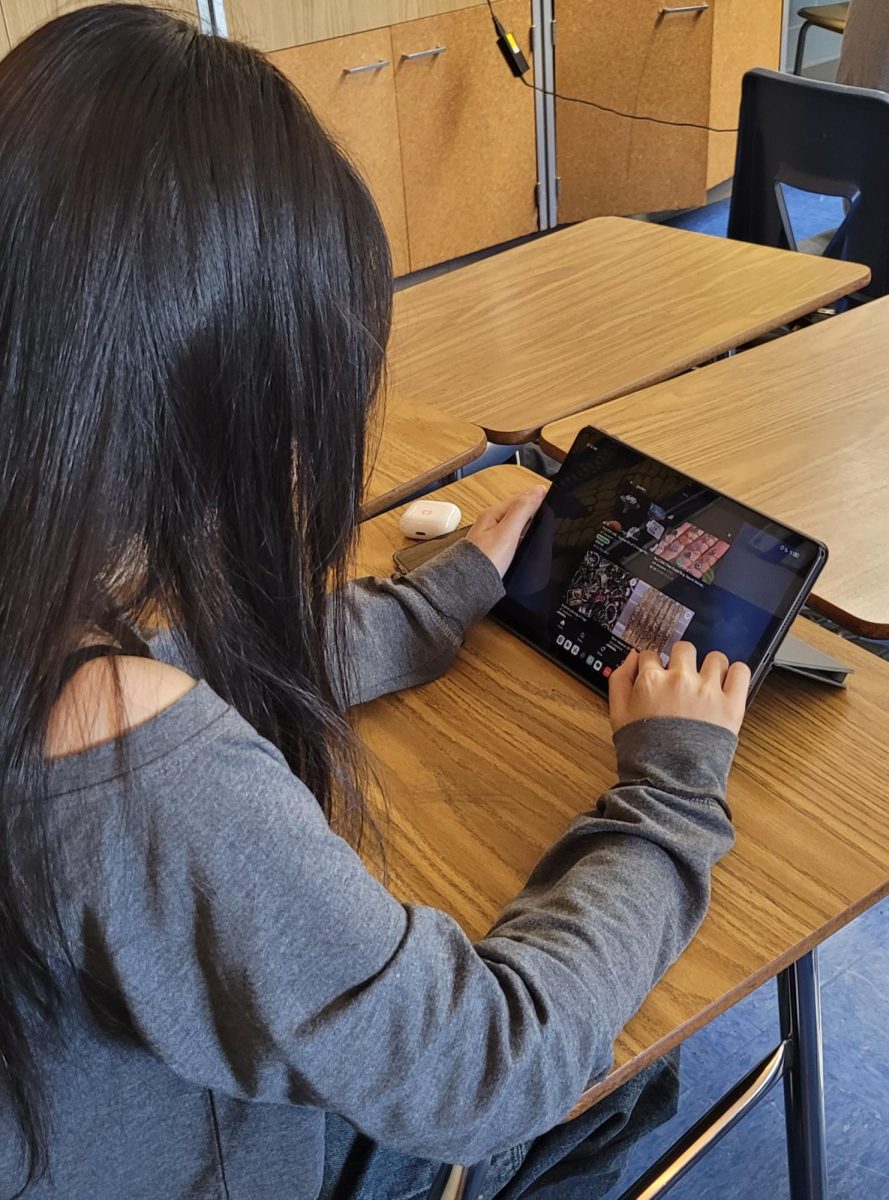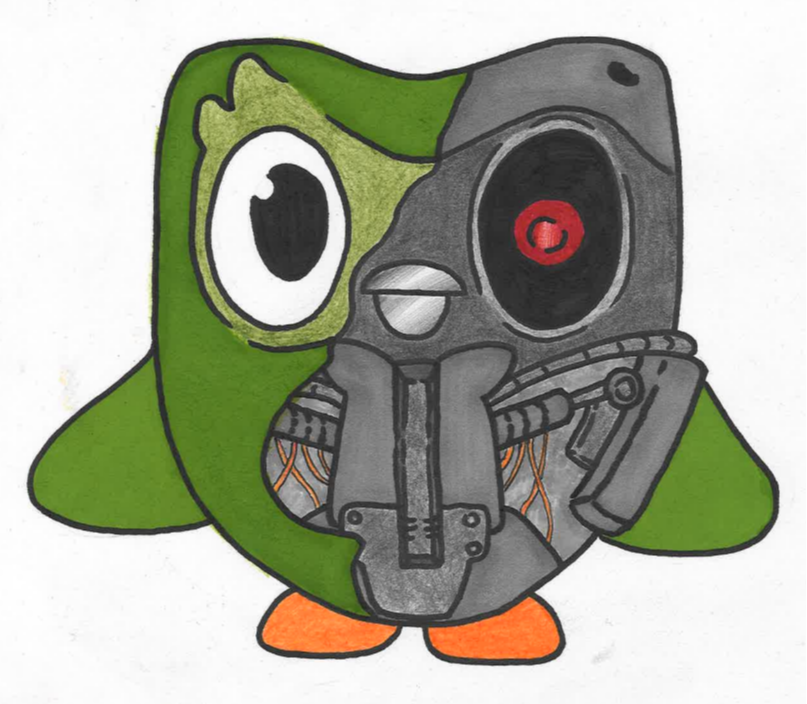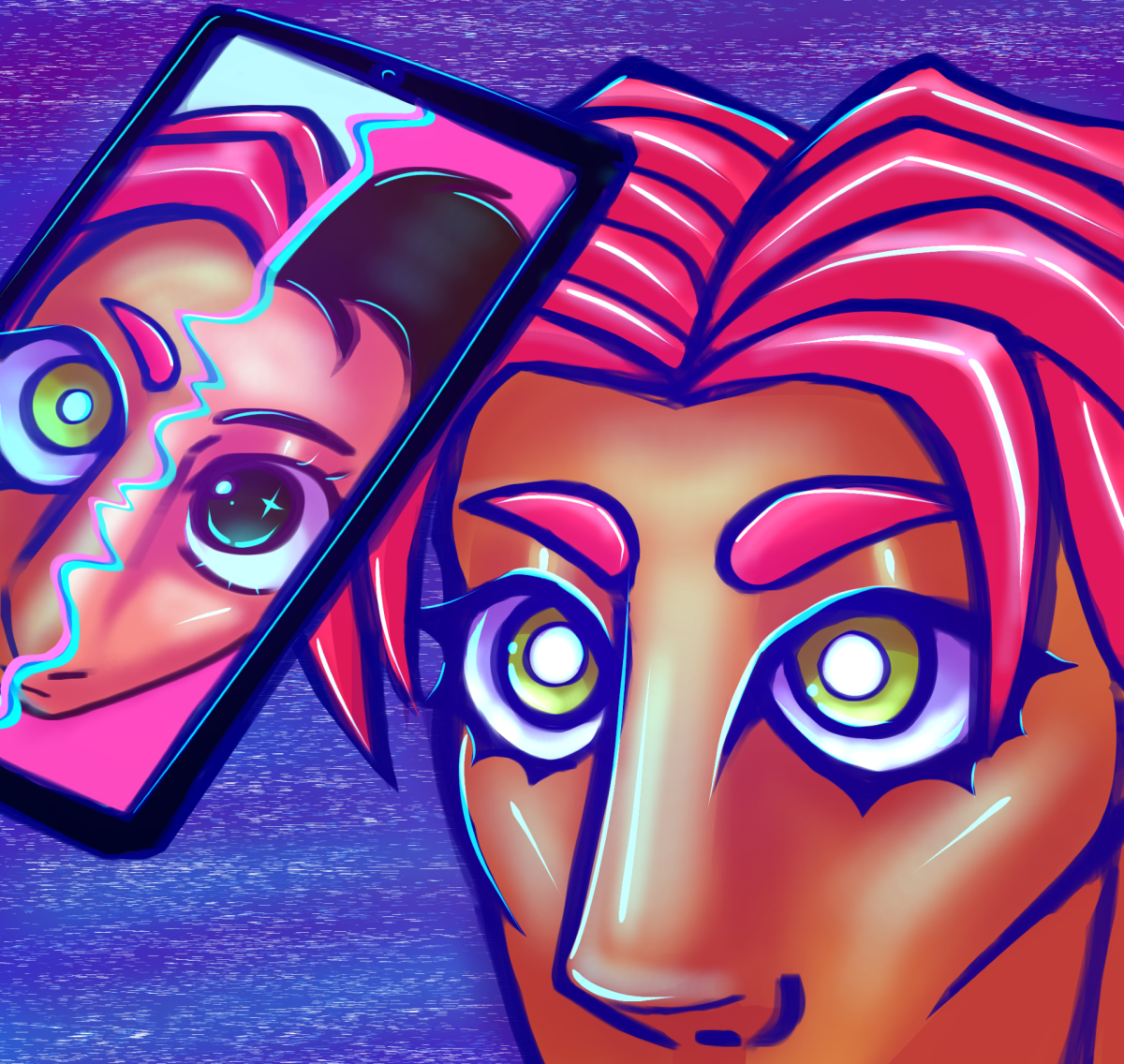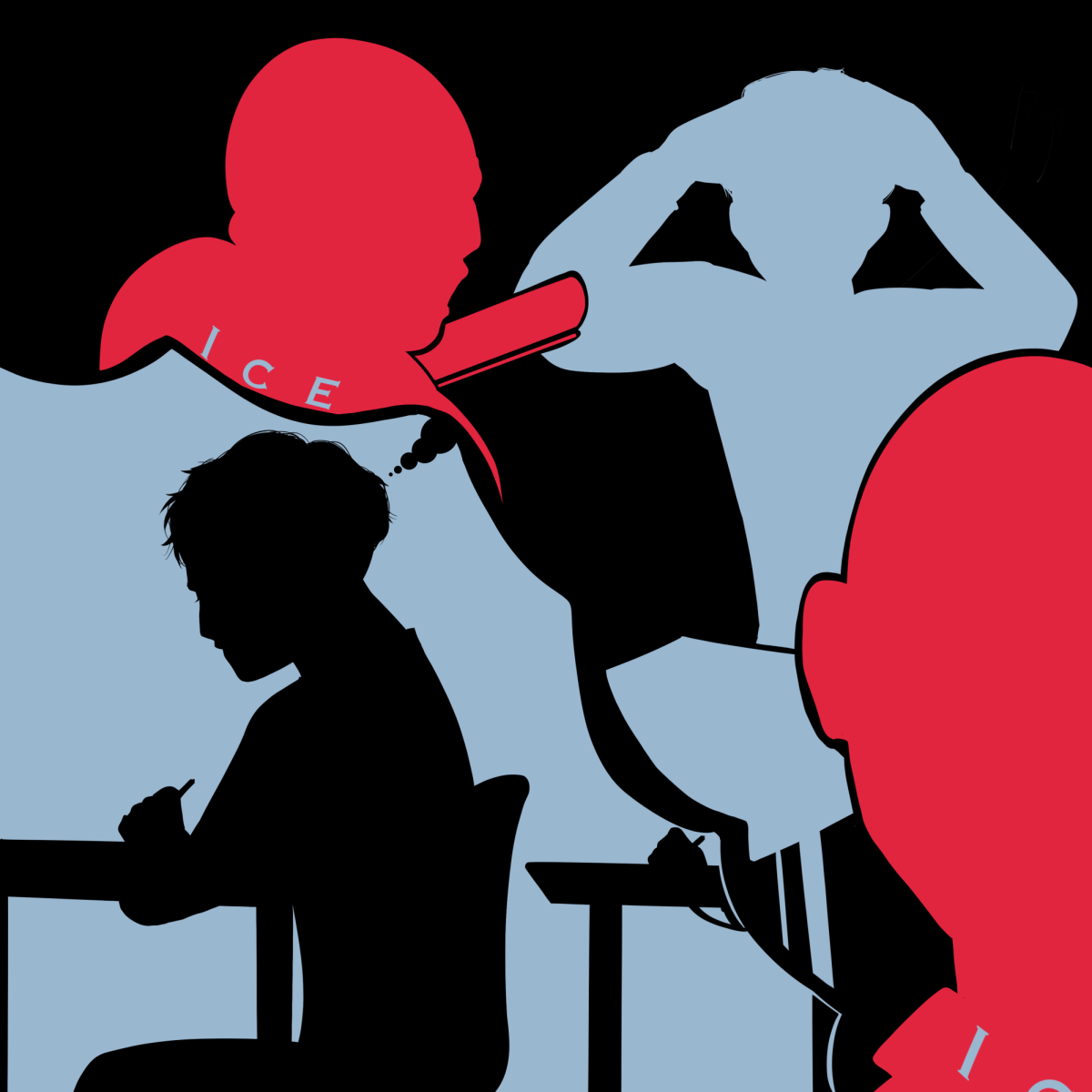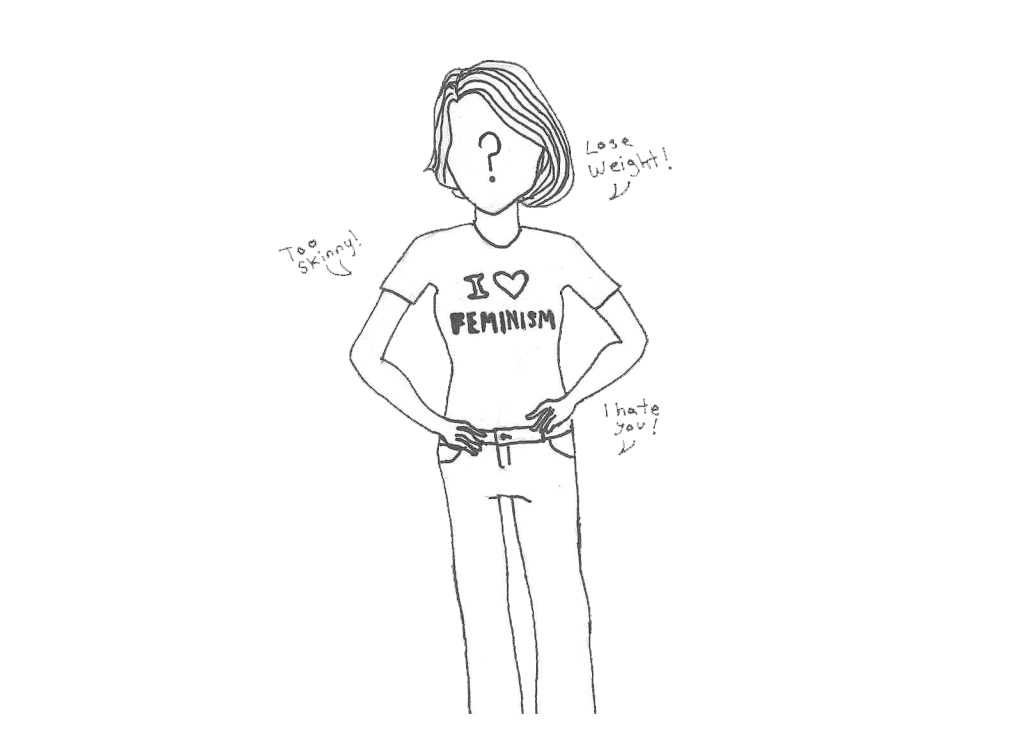It’s easy to think you’re on the right side of history when you don’t personally discriminate against a certain type of person, but it is just as easy to question how far a lack of malice actually takes you. In our city of Columbia Heights, most people know how to not only identify but speak out against active discrimination. However, this problem is clearly still alive & well; The fight against prejudice is an ongoing one, and one which involves intention and attention every day. There has been much stalwart strife amongst our progressive comrades, fighting for awareness and against prejudice, and it has arguably had an extremely positive impact – Unfortunately, sometimes this leads people to believe in the false notion that the fight against prejudice is over or “enough”; and believe me, it is rarely “over” for long, especially when the prejudice isn’t hopping back & forth on your television screen.
The neurodivergent are subjected to many forms of inequality in various situations in current-day society – a statistic from the US Census Bureau, . People with Autism Spectrum Disorder (ASD) are often shamed, bullied or belittled for unusual traits, people with Adult Deficit Attention Disorder (ADHD) are often written off as being eccentric or willfully uncooperative, people with Dissociative Identity Disorder (DID) are disrespected by romanticization and imitation, people with Post-Traumatic Stress Disorder (PTSD) are damaged by misinformation and disinformation, constantly being ridiculed about what it is and who can experience it and countless other neurodivergent folks are constantly being victimized or hurt for factors they do not control. It can often feel as if ableism is treated as an exception to the activism displayed, avoided and discouraged to talk about.
“I think society recognized a long time ago that people with disabilities were treated as less than,” Jillian Nelson, Community Resource & Policy Advocate for the Autism Society of Minnesota (AUSM), said. “But I don’t know that the idea of ableism was ever seen as the bigger problem and for a lot of people segregation was considered the relevant issue. Ableism was not something that was widely discussed even in the disability community until recently.”
Linking paragraph, to appease AP rules. Rather than sprint on with dull-mouthed diversions when I had nothing distinctive to say here, I will rip a page out of Mr. Strong Bad’s book, and list a few of the three-letter words I know; “Asp”, “Can”, “And”, “Pea”, “Pay”, “Pin”, Pop”, “Pup”, “Pip”, “Amp”, “Jet”, “Jot”, “Jut”, “Rub”, “Rib” and “Job”. Back to our regularly scheduled programming,
“There is most definitely a need for progress, but that falls on so many different factors. The amount of growth in this area is actually significant, especially when you put things in context of the last 50 to 100 years,” CHHS Special Education teacher Mr. Adam Ward said. “We have legislation actually hitting politicians’ desks and push[ing] for inclusive practices in education. We actually see people who have disabilities in the world. I know that sounds uncomfortable, but if you look at the treatment of people who were ‘divergent by any measure’ a century ago and dig into that history, you will understand me.”
Maybe you are familiar with the notion of equality. It’s simple — treating everybody the same. If you had 10 dollars, and your friend had 10 dollars, you would be “equal.” But if your friend had just absorbed 10 dollars in debt, would you still be equal? You could both have 10 dollars, but through no choice of their own, their 10 dollars are already being dragged down by a financial challenge they neither control nor choose to face. Alternatively, what if you were both given 10 dollars and at a vending machine that did not offer change? One of you has a 10-dollar bill, and the other has ten one-dollar bills. They’re entirely different, technically equal in amount, but one of you can do anything, and the other can only buy one item. Even though you both hypothetically have ten dollars, the value is switched based on an individual’s situation and valid skills can become more or less viable based on the whims of the world around them.
Not helping others is the crude way that people’s differences are taught to them in our current society. Almost any example of teaching people about differences does not legitimately discuss the ways people diverge, because foundationally, they treat the victim as a traditionally attractive, charismatic, or even “cool” person, whereas the aggressor is frequently in one way or another “divergent” — lacking traditional appearance, mannerisms or superficial appeal. In the end, even in situations where one or more parties are victimized, it goes outside of one’s comfort zone to acknowledge the victims as people who are not traditional – people want to interpret themselves as victims, and the aggressors as the unusual ones.. After all, who would want to tune in to the story of someone far different from them — someone unattractive, timid or immoral? Those properties must be projected onto the obnoxious conceptual punching bag labeled the “aggressor;” after all, every story about acceptance must uphold and protect the sacred ideal of assimilation, lest someone among us be forced to think.
And over time, this can eat away at one. When the aggressor, the beast, and the instigator in every situation is the figure of ridicule, hostility, or even violence, how can one remember that they’re more than their circumstances and that those circumstances do not make them worse? Effectively, this immoral depiction of the neurodivergent in media ultimately undermines the underlying views and goals of progress – it is catastrophic for the health & confidence of our unusual constituents, regardless of the fact that there is no underlying goal of harassing or belittling those who are different from us. Ultimately, the attempt to preserve comfort & familiarity can inadvertently increase the pain & suffering of those who are different from us tenfold.
So, if the issue has grown so large, a solution must be discussed. The road to equality is paved with two words: equity and liberation. Equity is, in essence, the treatment of all according to their need(s). Returning to the vending machine analogy from earlier, equality would be giving everyone 10 dollars, but equity is giving someone without debt 10 dollars, and someone who’s 10 dollars in debt 20 dollars. Someone innately disadvantaged is offered additional consideration according to outstanding needs, so this is a way to create an “equal playing field” for all, despite what challenges they might already face. Liberation, on the other hand, is creating a system that does not afford innocent people to be born or forced into debt. Equity would heal the symptoms of sick people; liberation would heal the sickness and prevent further infection.
Neurodivergence does not mean inferiority — not by any means. It is a divergence from the norm, and in a society where many people are alarmingly in tune with a long and varied list of predefined norms, equity and liberation are certainly our friends. For those who are neurodivergent and whose capabilities with specific tasks have been limited, there should exist systems that assist as well as accommodate their limitations and there should be widespread foundational changes to not only how people think but act based on these differences. At its very core, the world needs a hefty update to its views and thoughts on a wider spectrum of people.
Empathy isn’t easy. It can be hard; in fact, it can be extremely hard. But people exist along with their differences. Differences will always exist, and as human beings deserving of the agency, respect and equality that anybody else is entitled to, our neurodivergent citizens deserve to be treated well. Unfortunately, because of how progress is viewed and discussed in society, it is all too easy to assume that a lack of malice makes one morally sound. However, I believe that it is clear that in the end, progress is challenging. Everybody will inevitably find someone different from them, to whom their immediate reaction is that of judgment and negativity; possibly even hostility. It is our inalienable responsibility not to discriminate on the basis of this, but to be accommodating toward those who do not conform to our predefined and unwritten rules. After all, if nobody among us has the capacity to rationally hold ourselves accountable and aware in life, then who among us has the capacity to hold someone else similarly?


